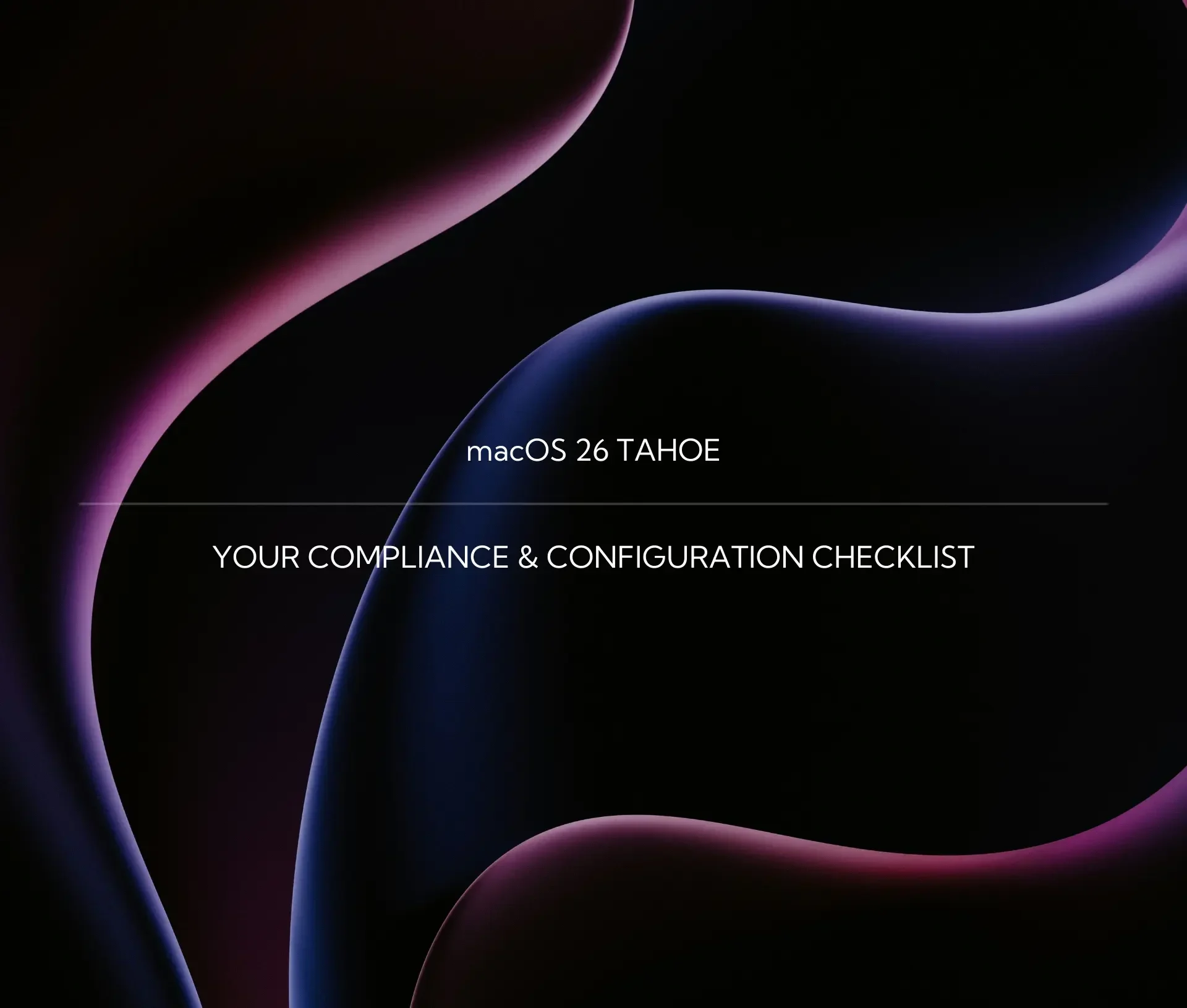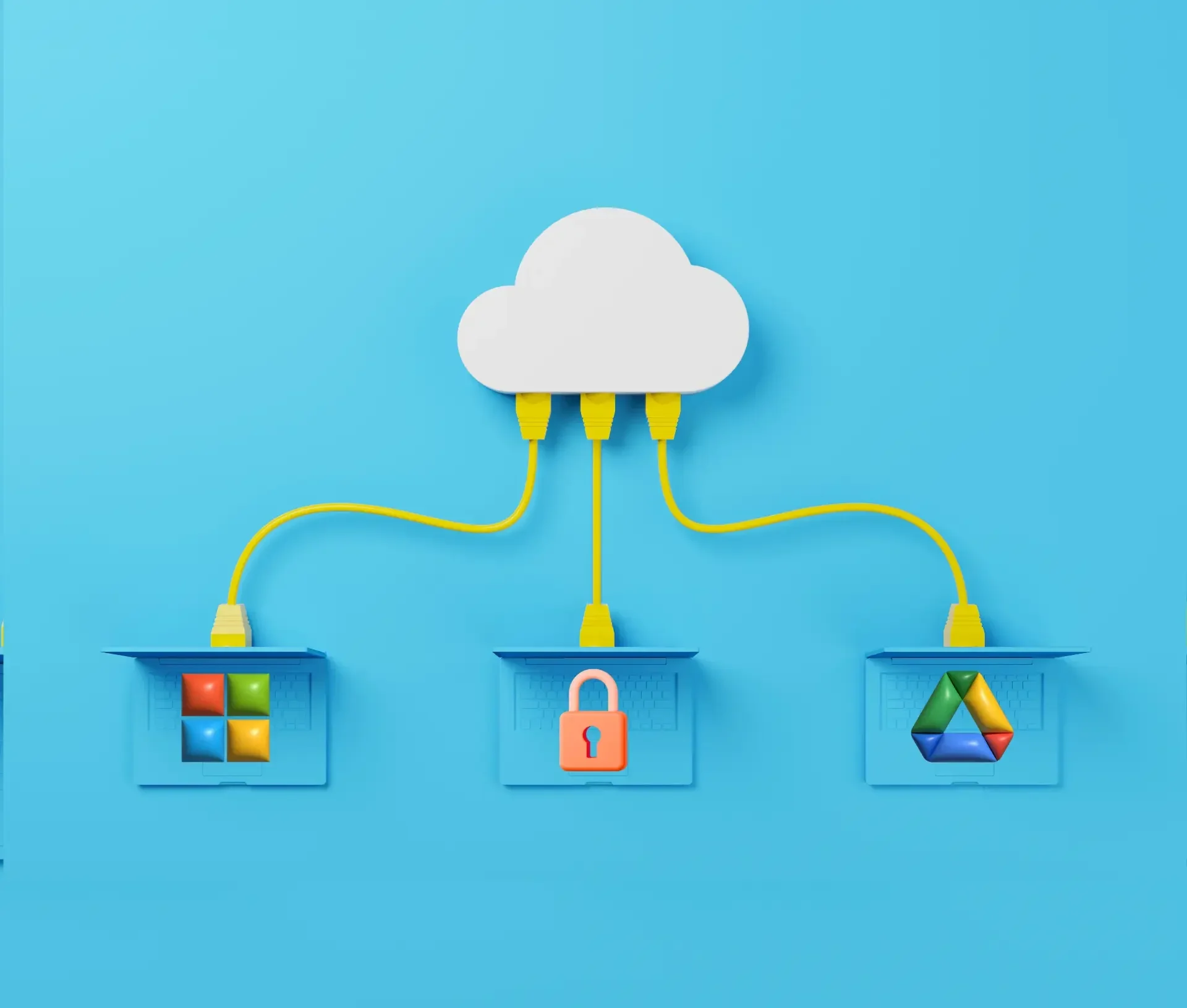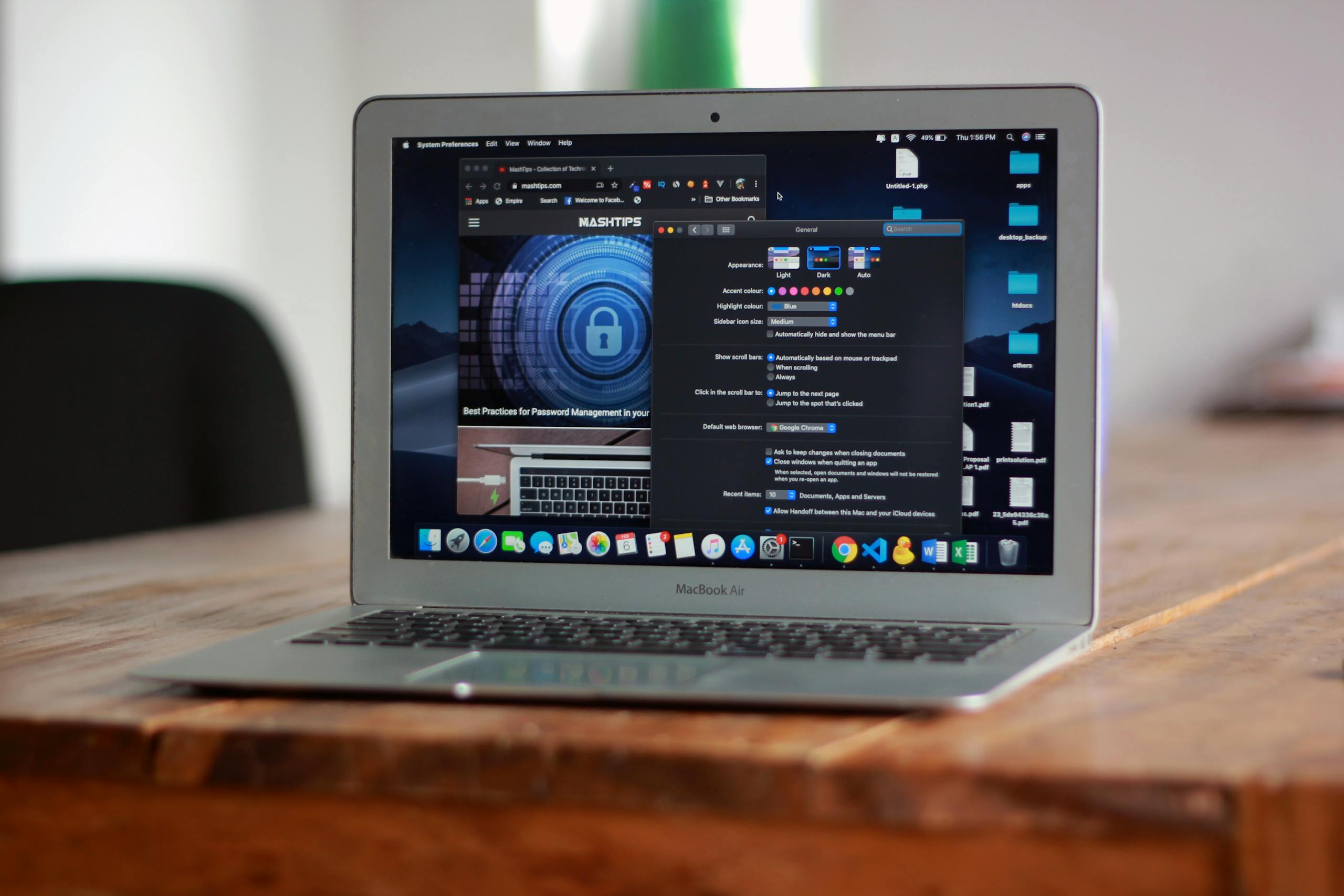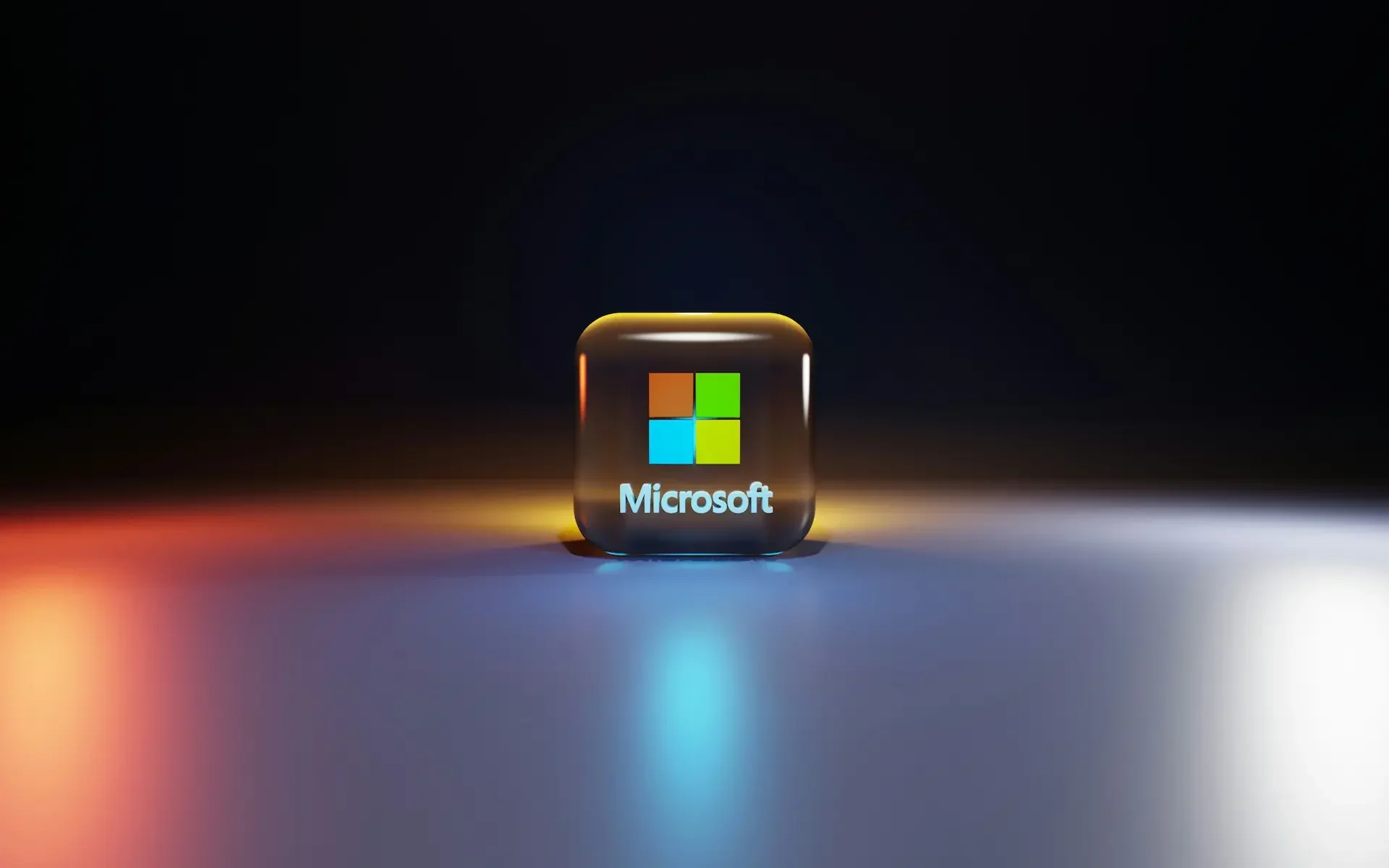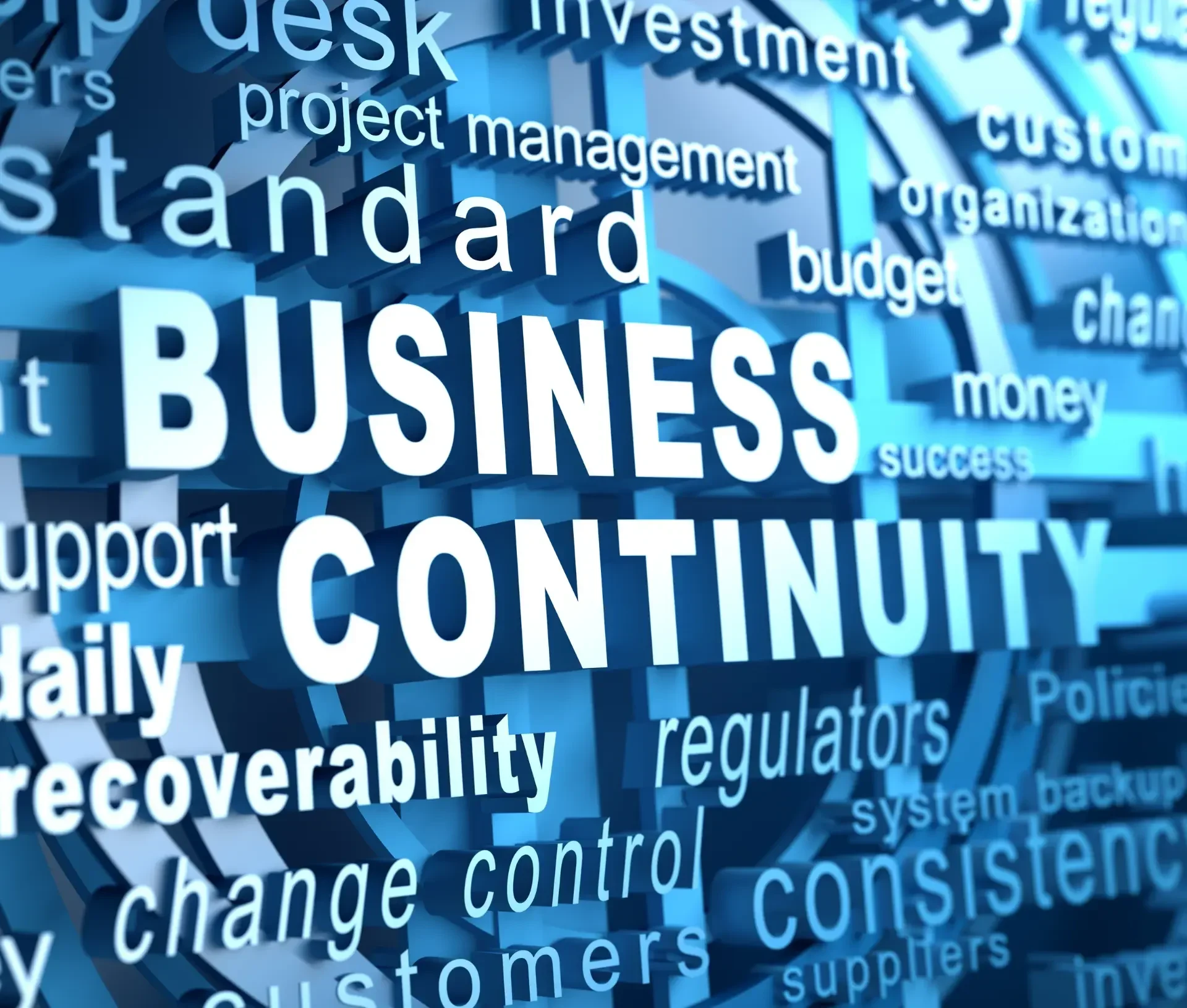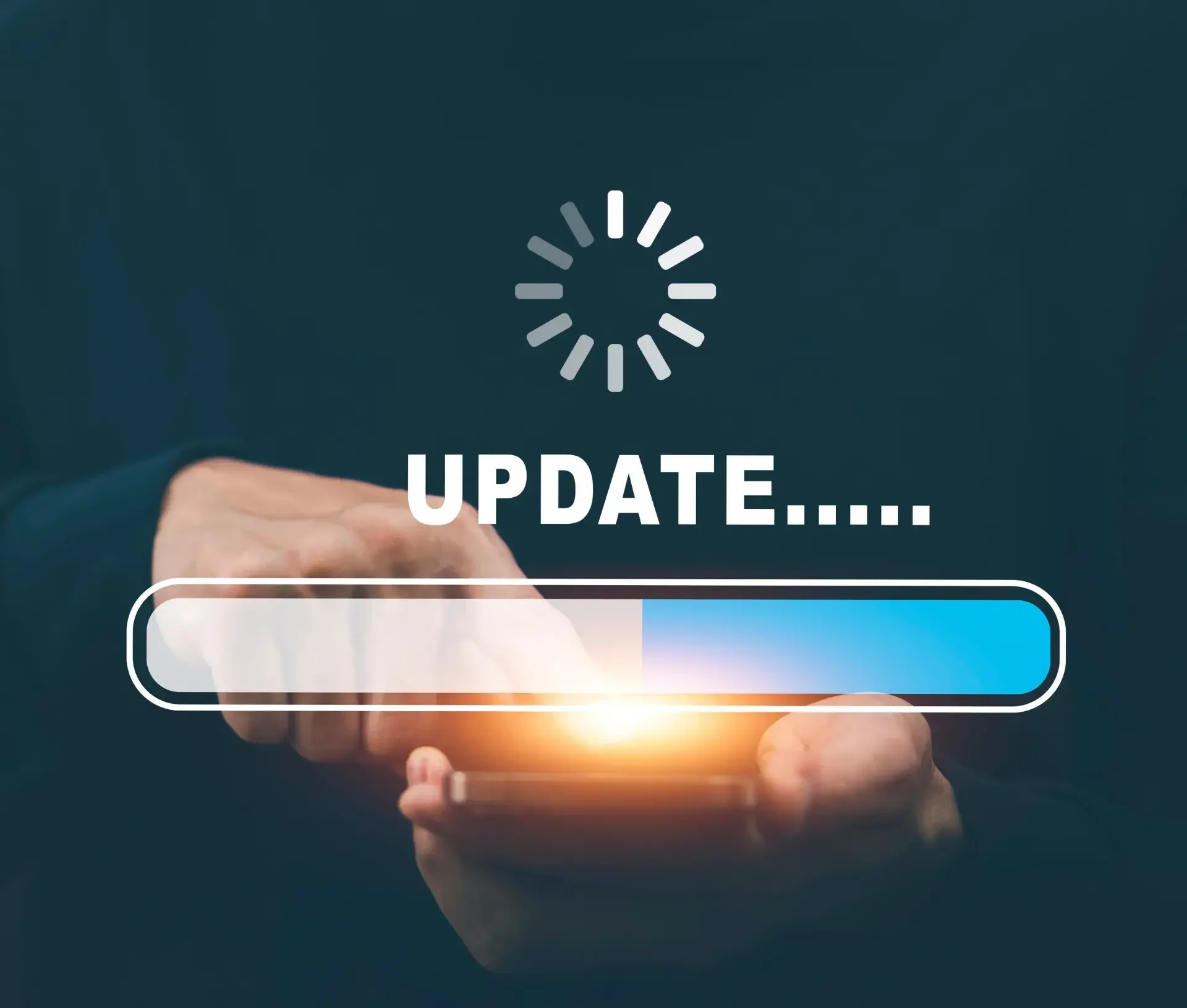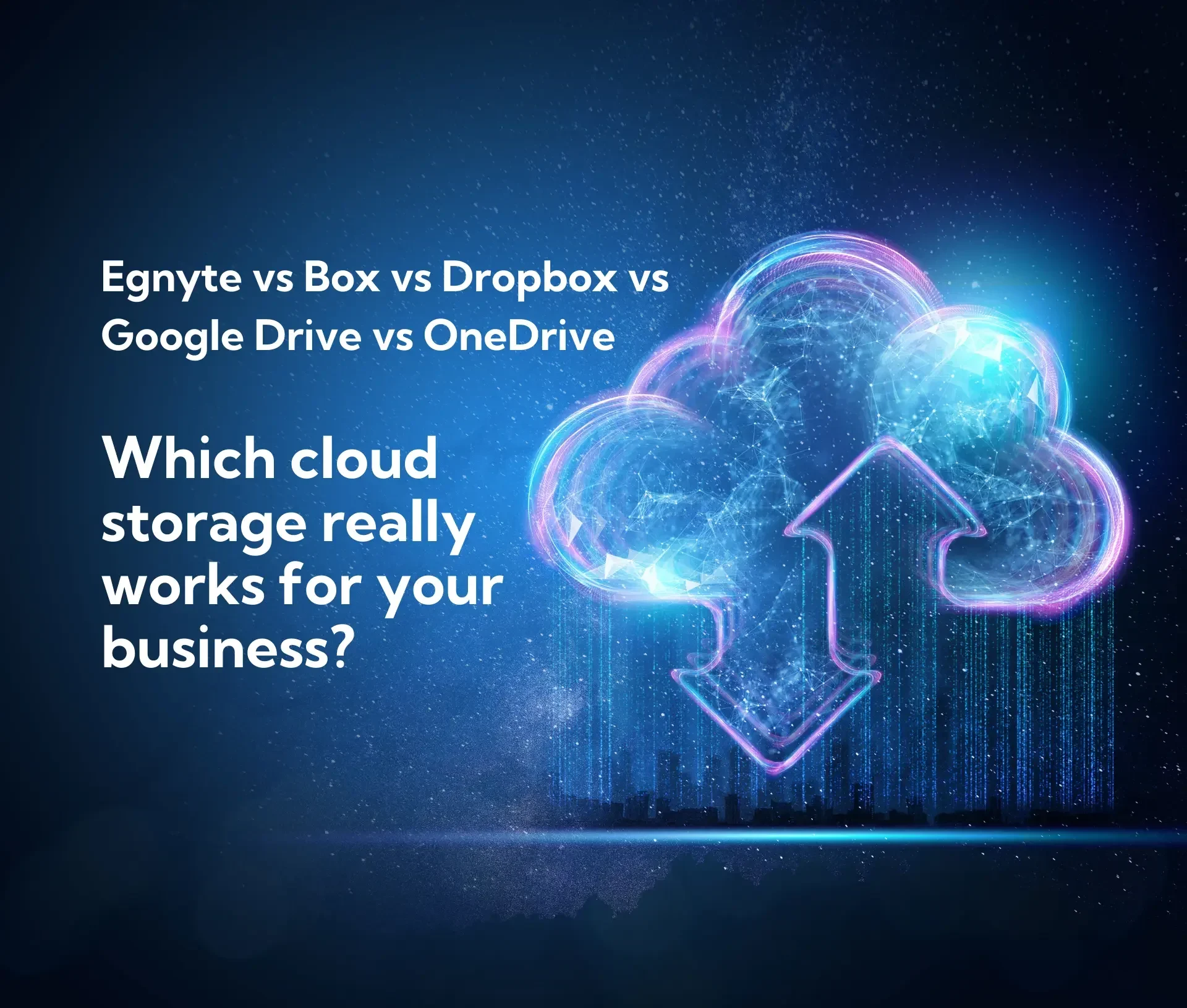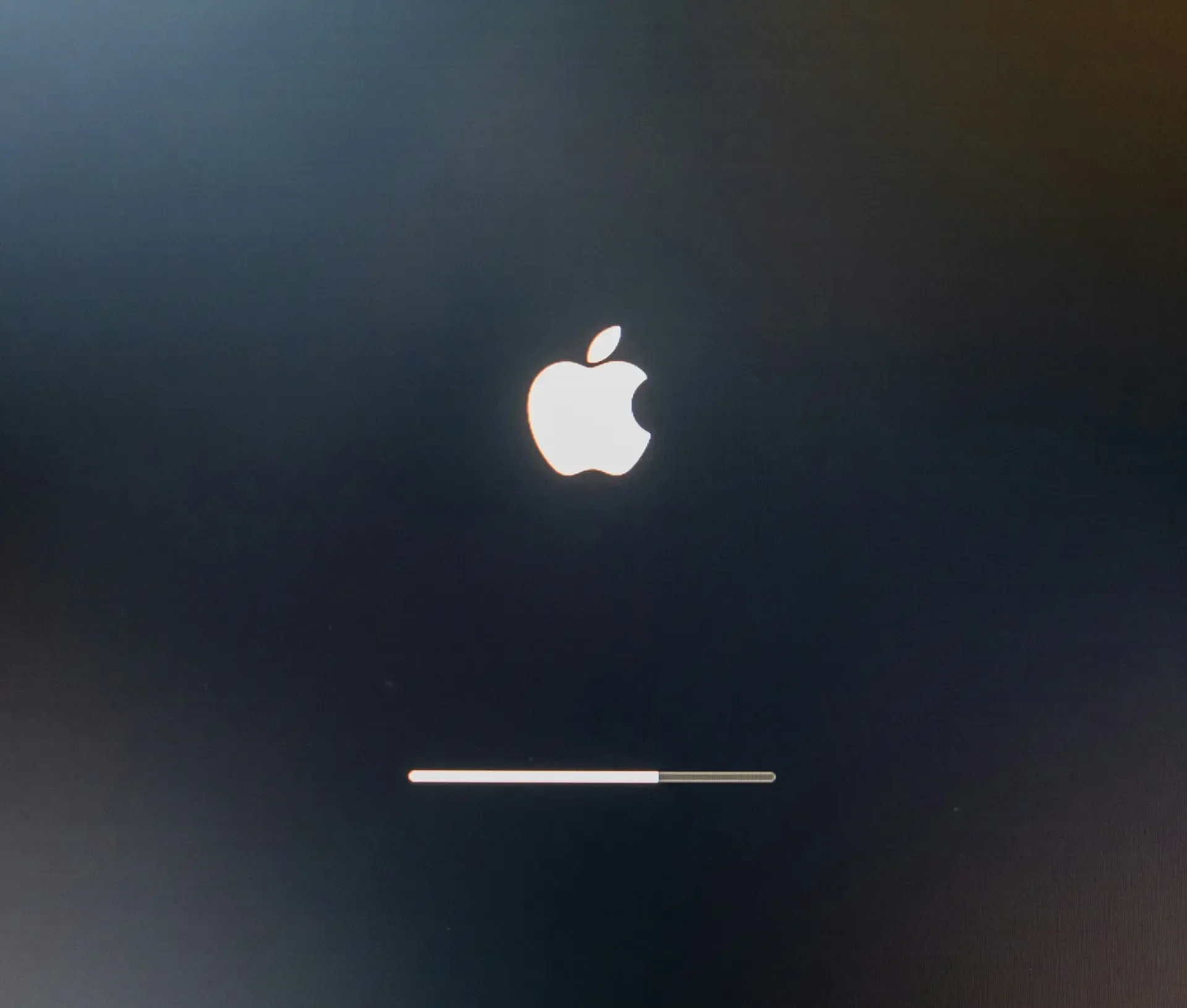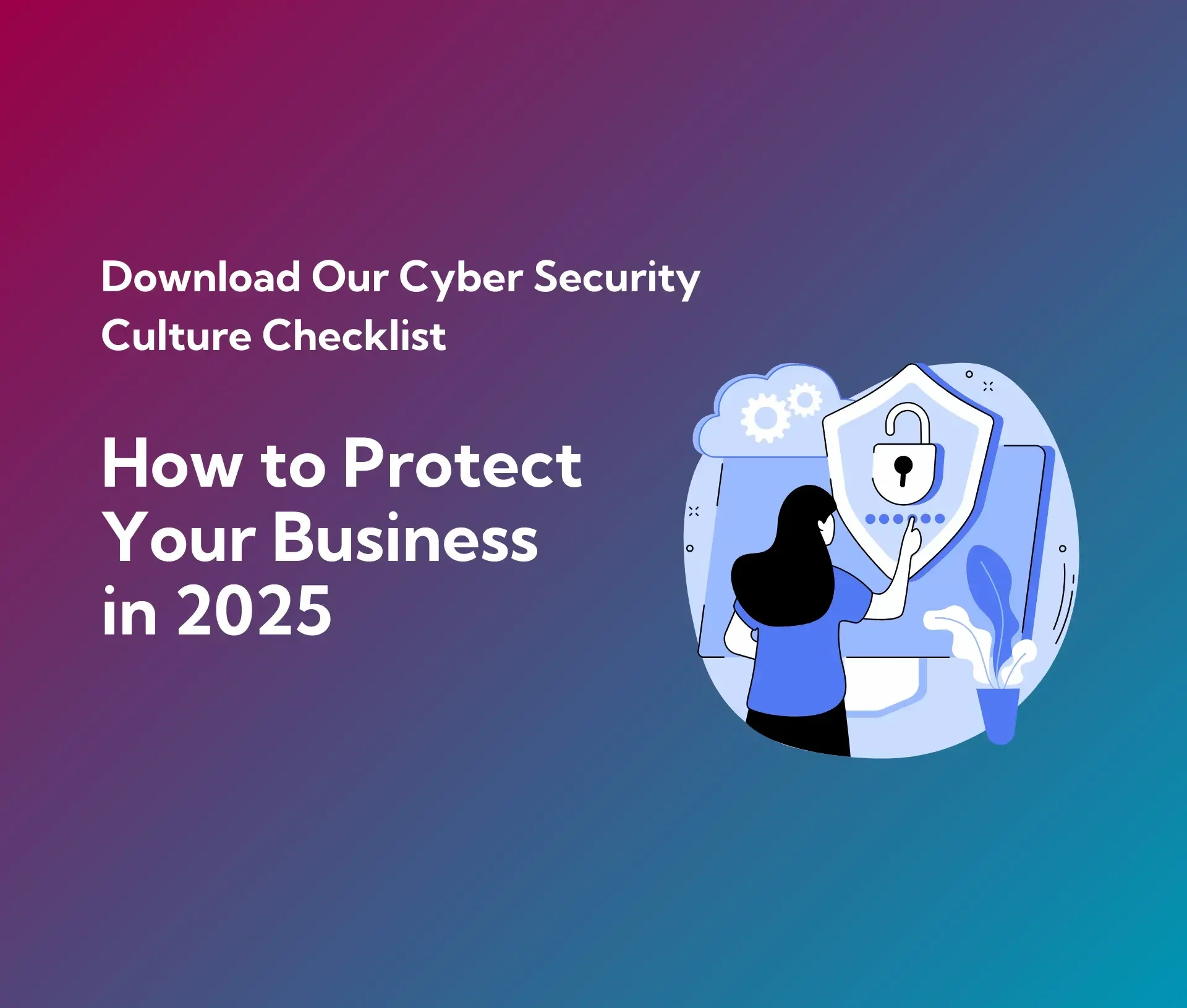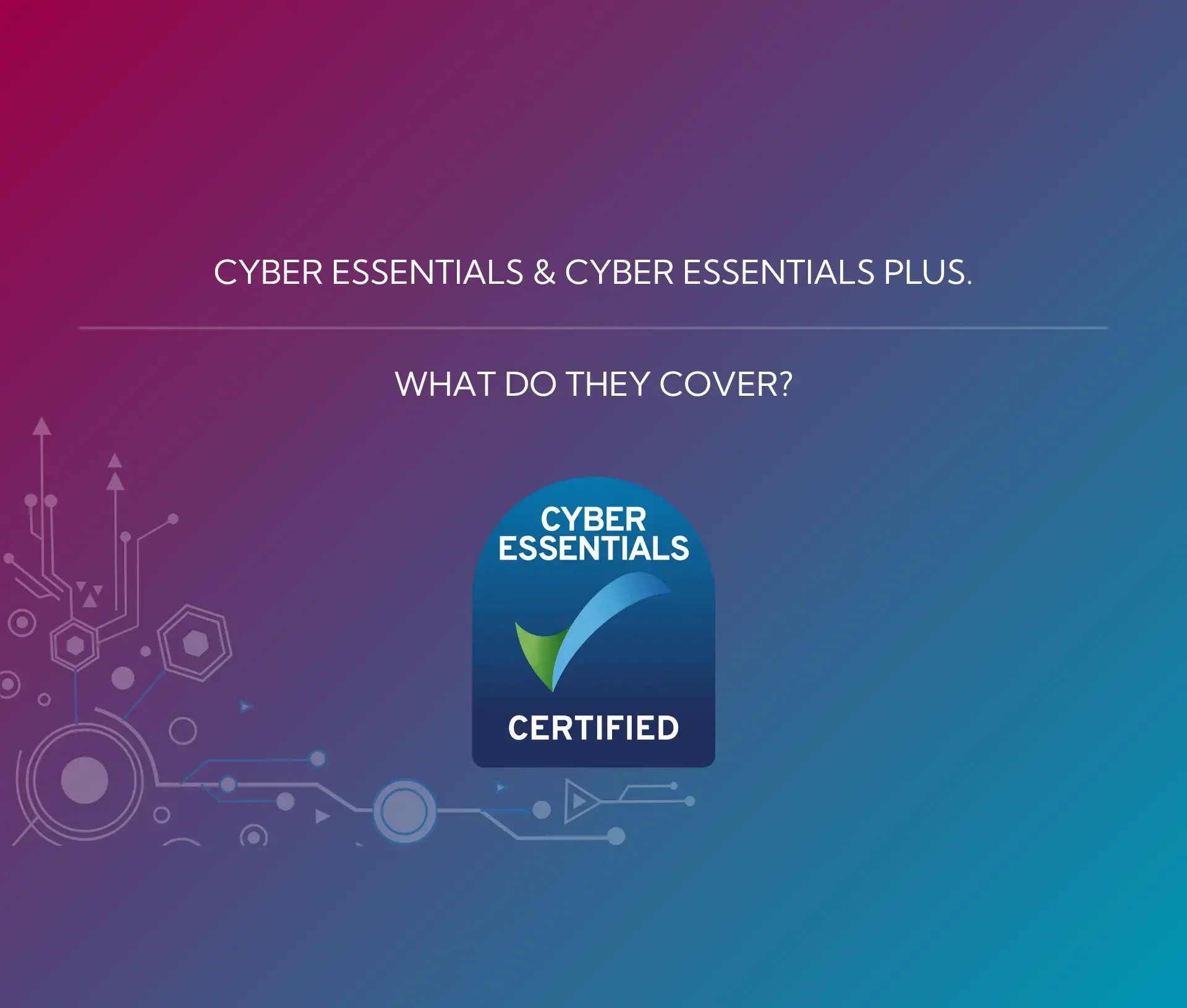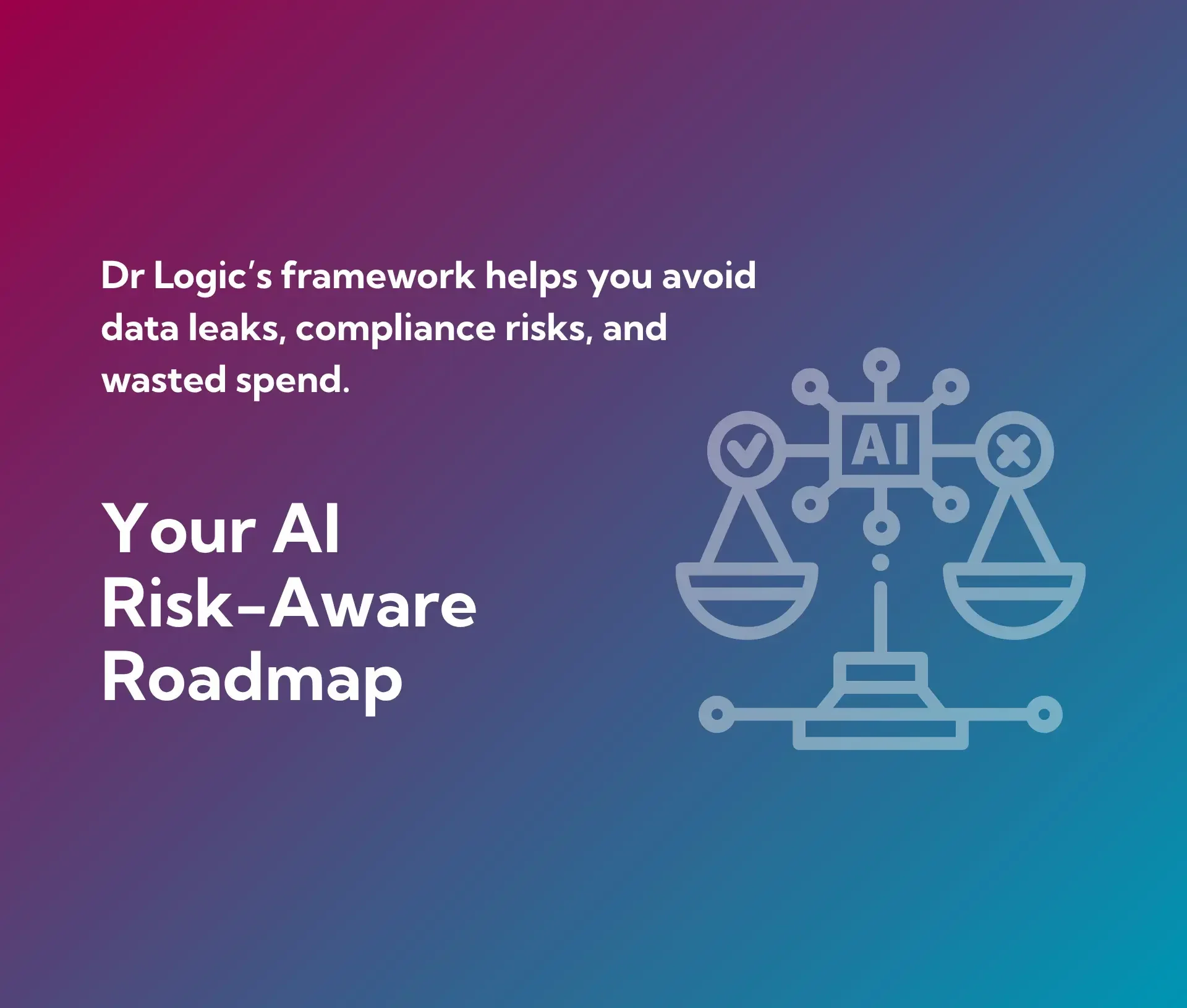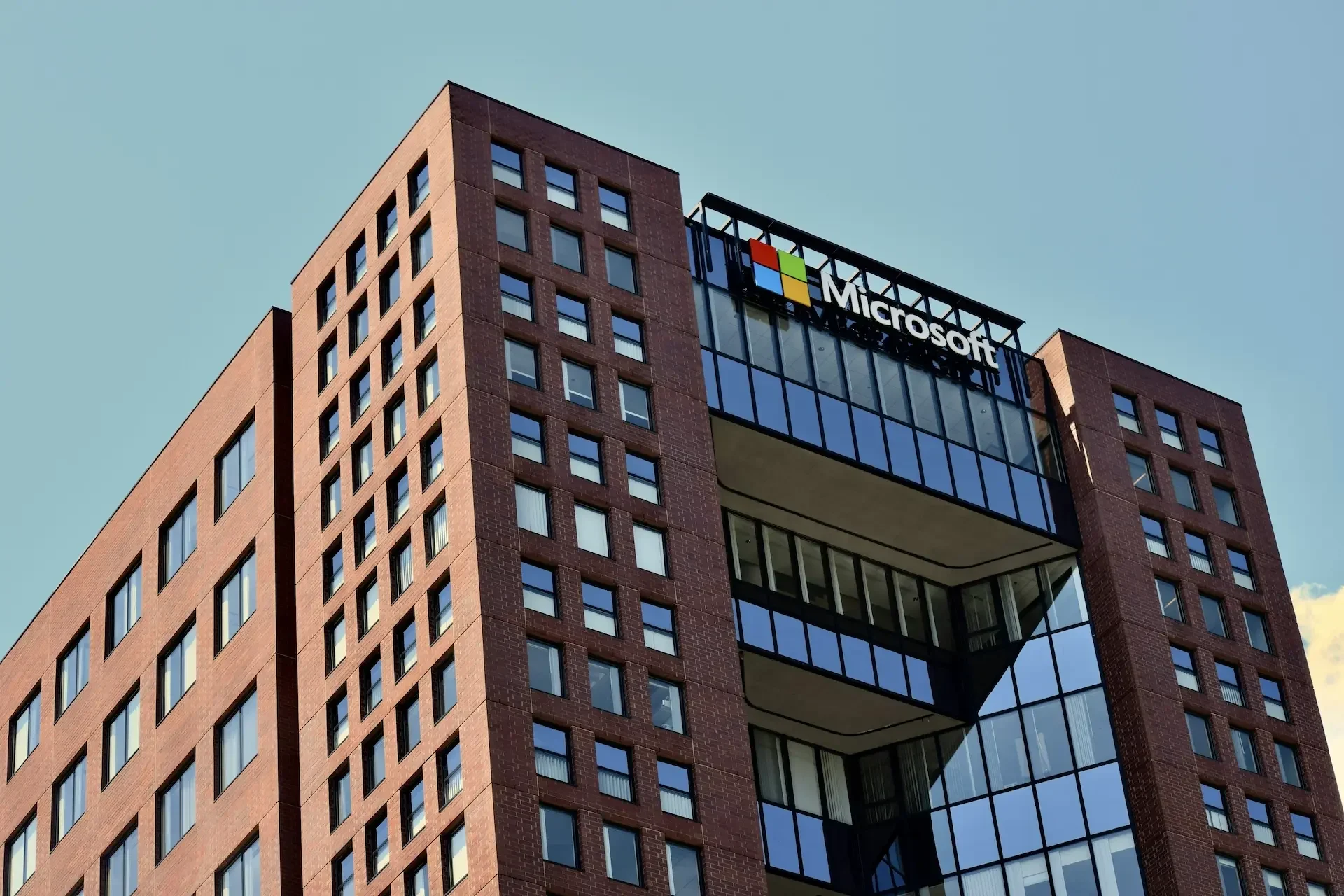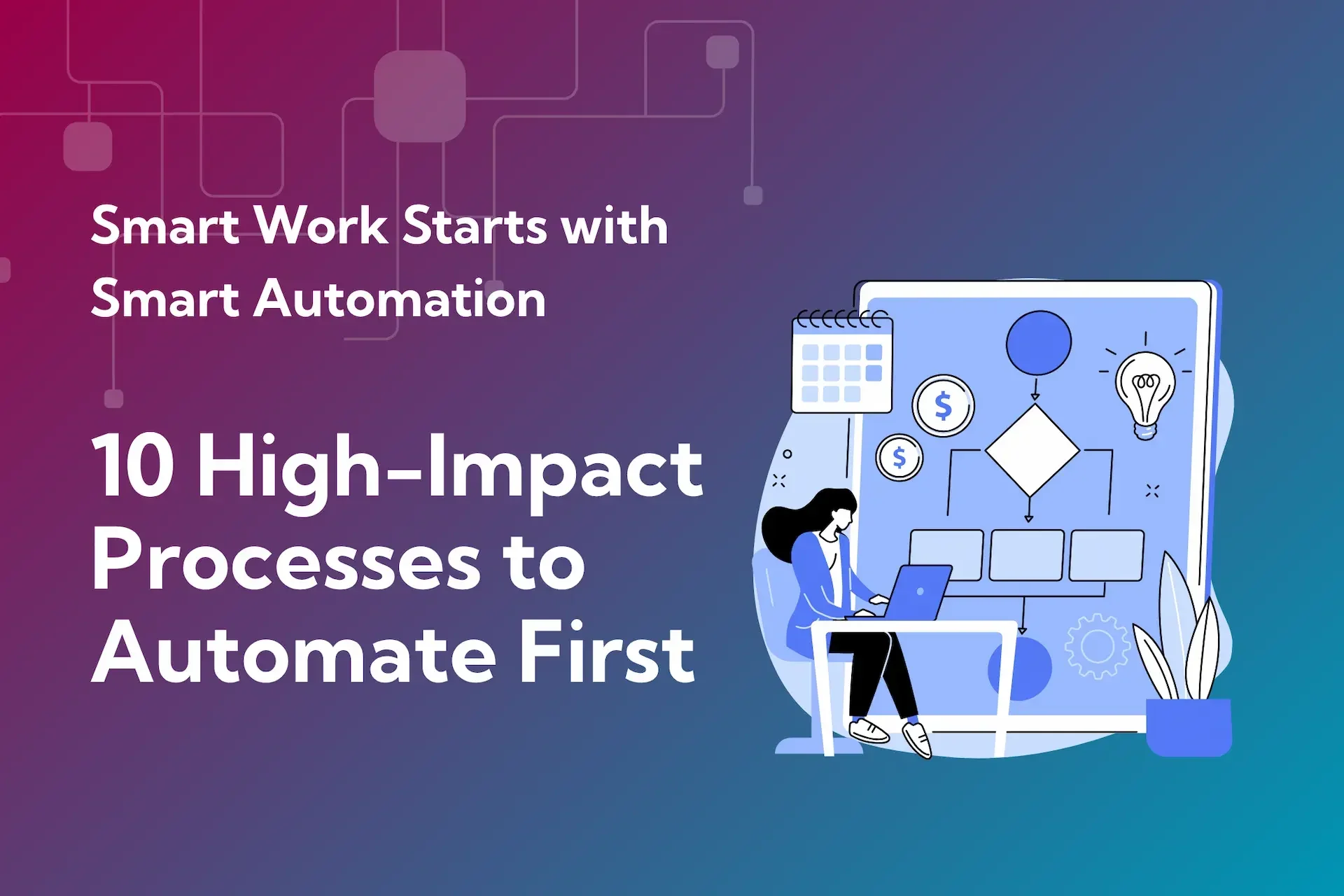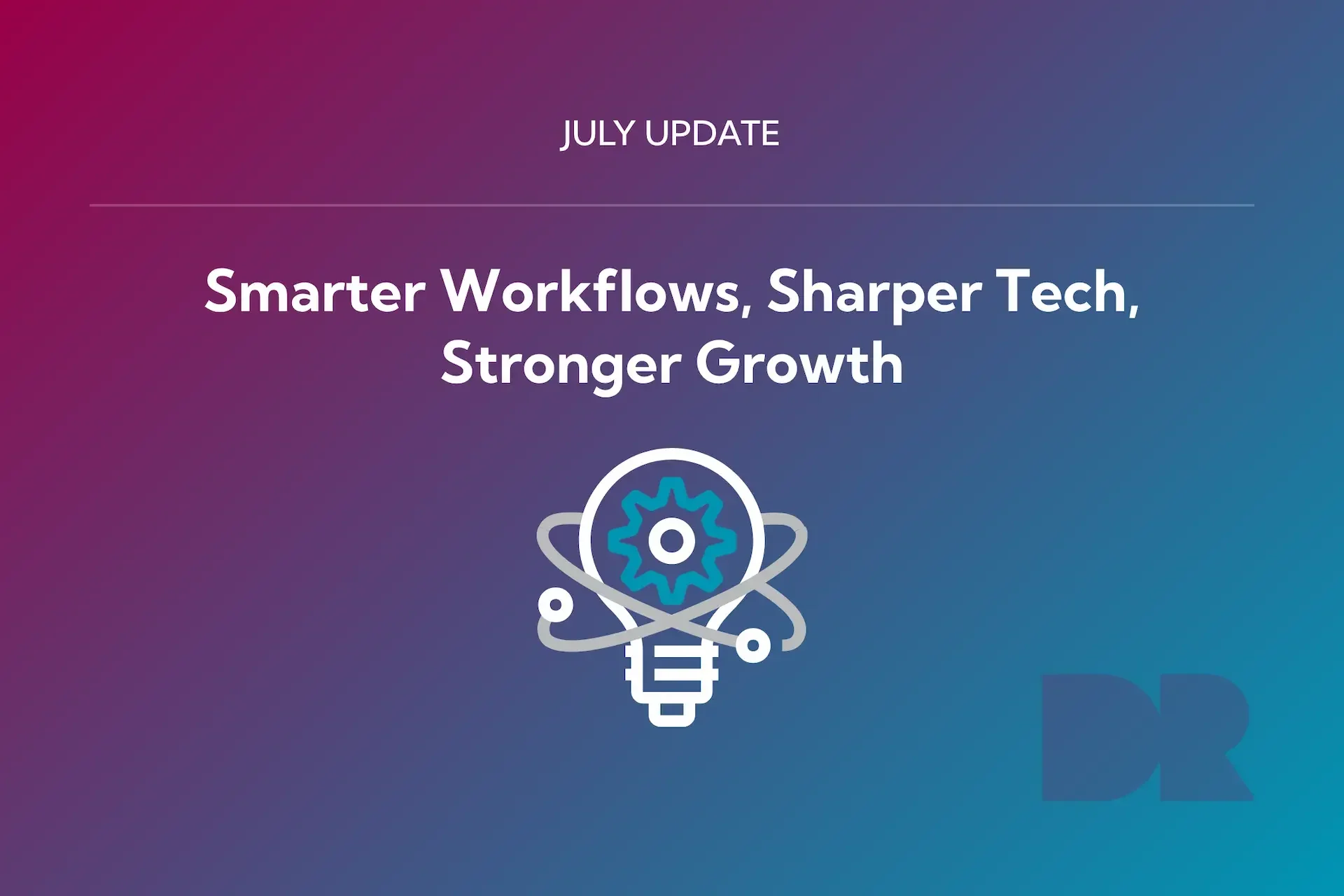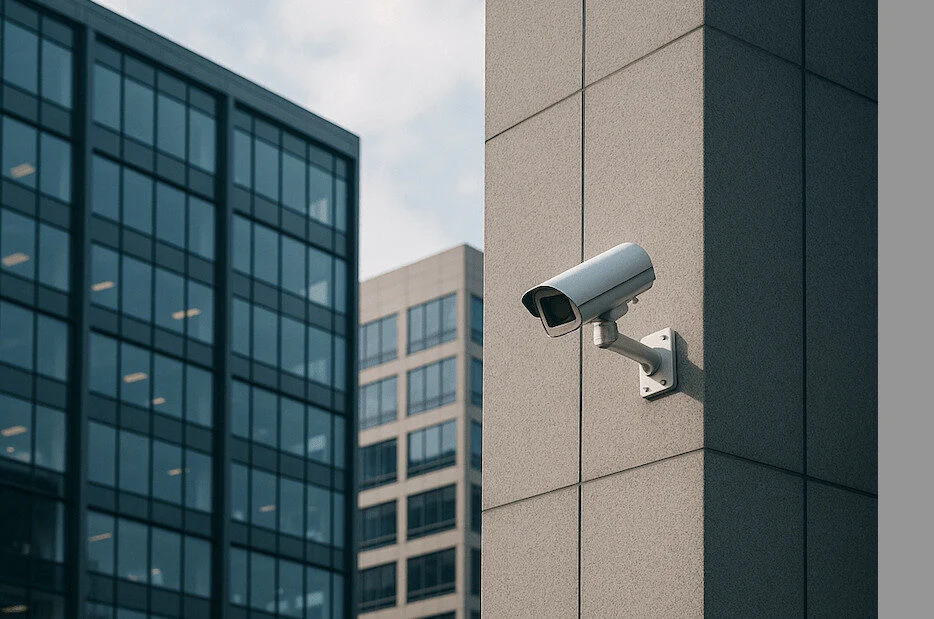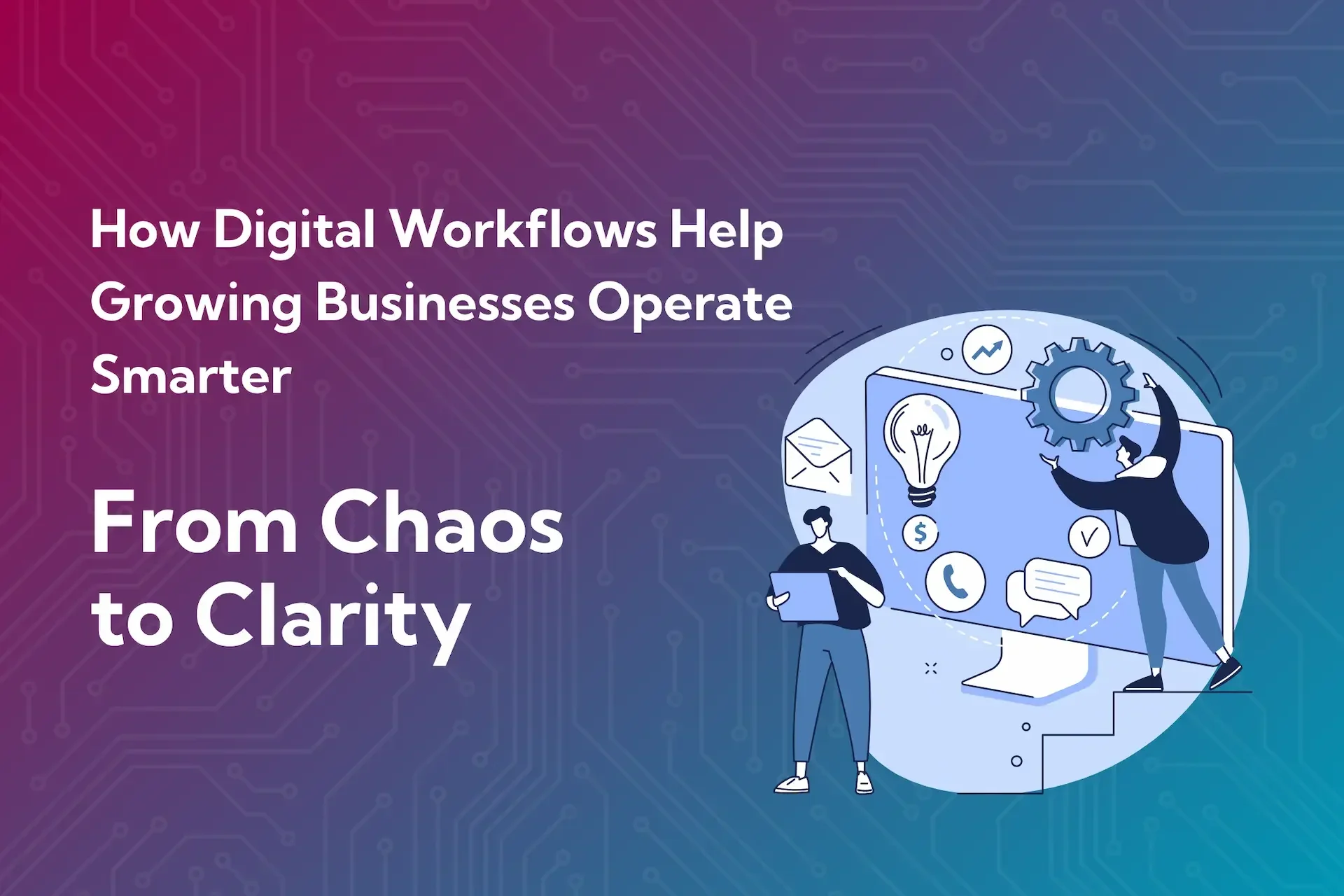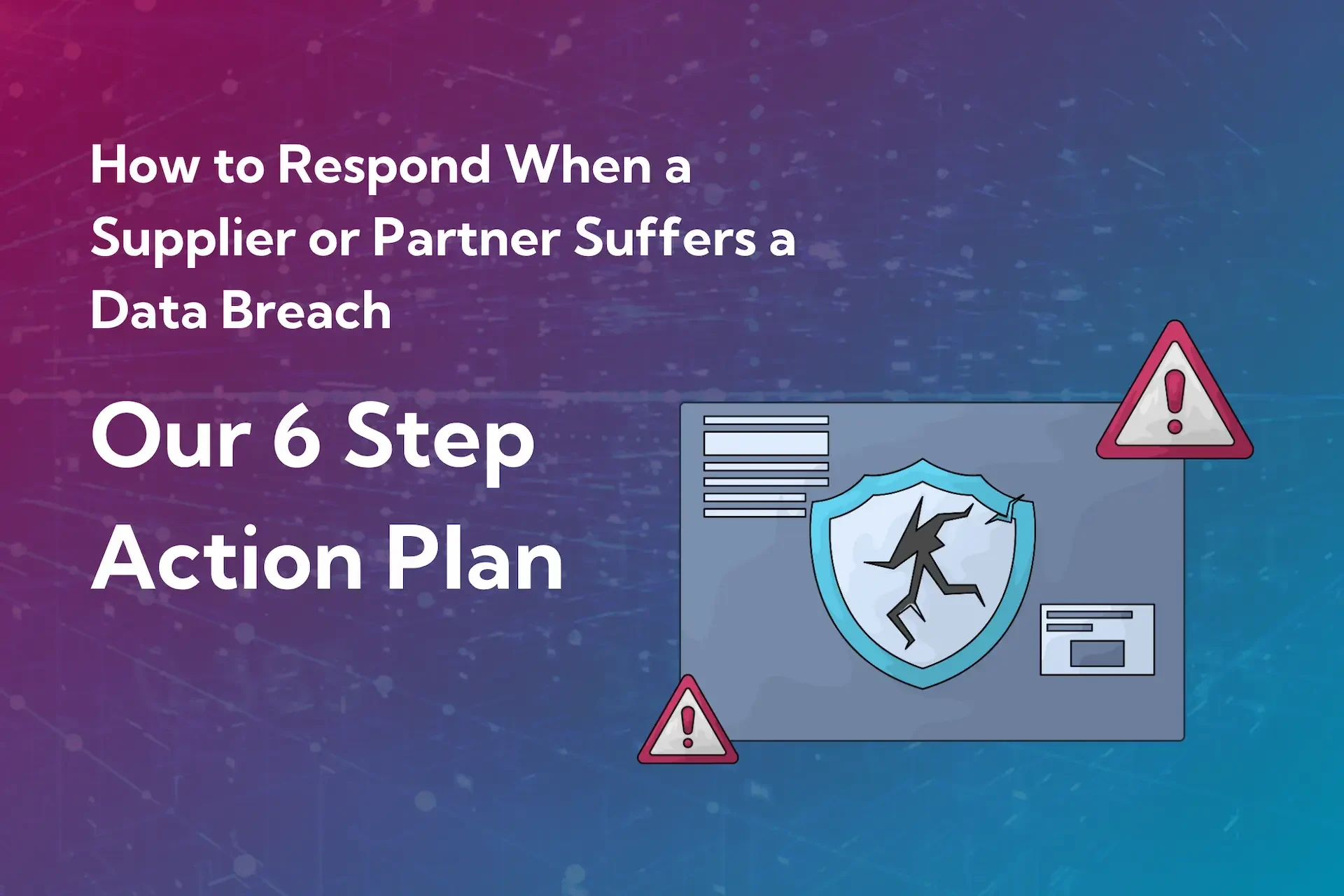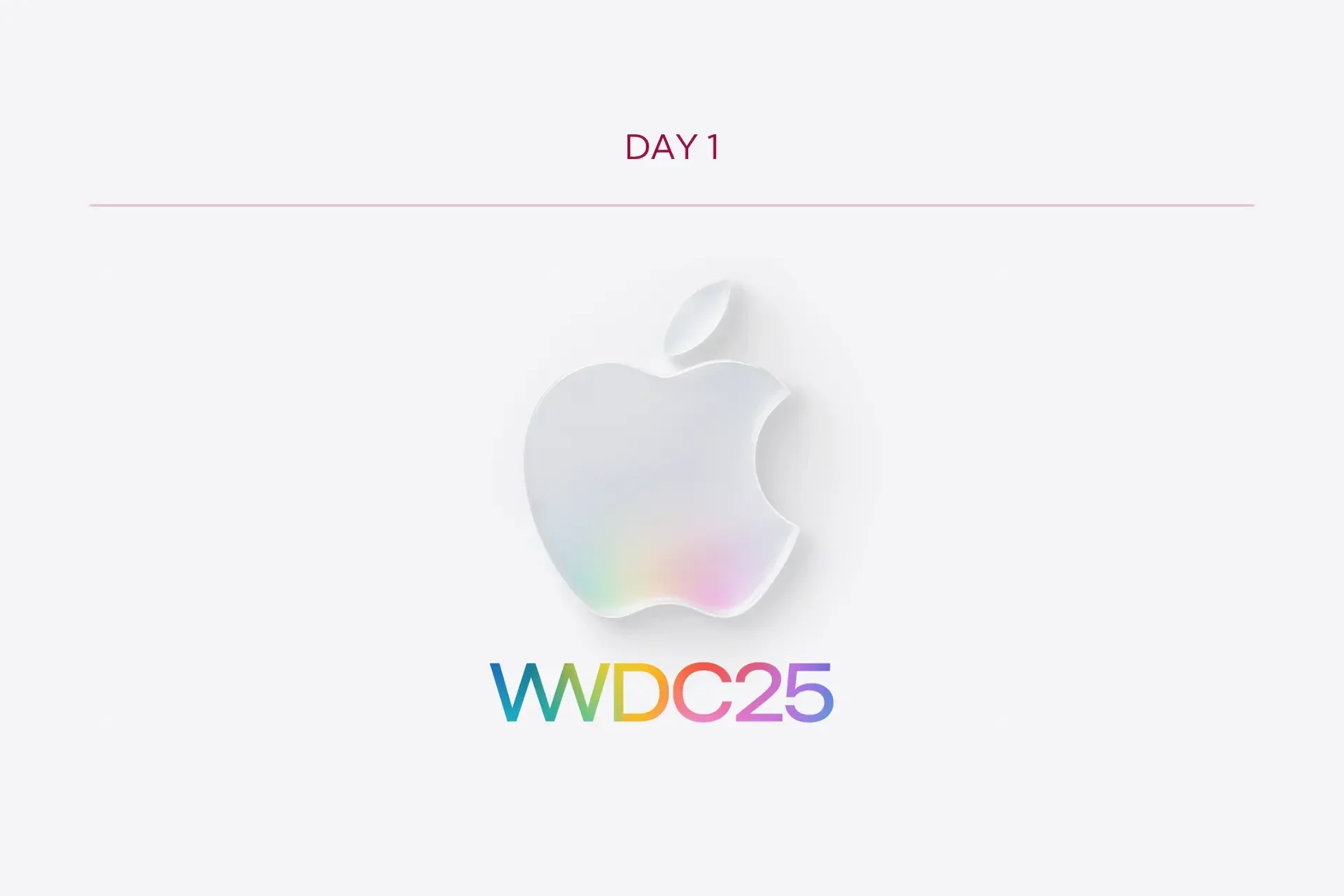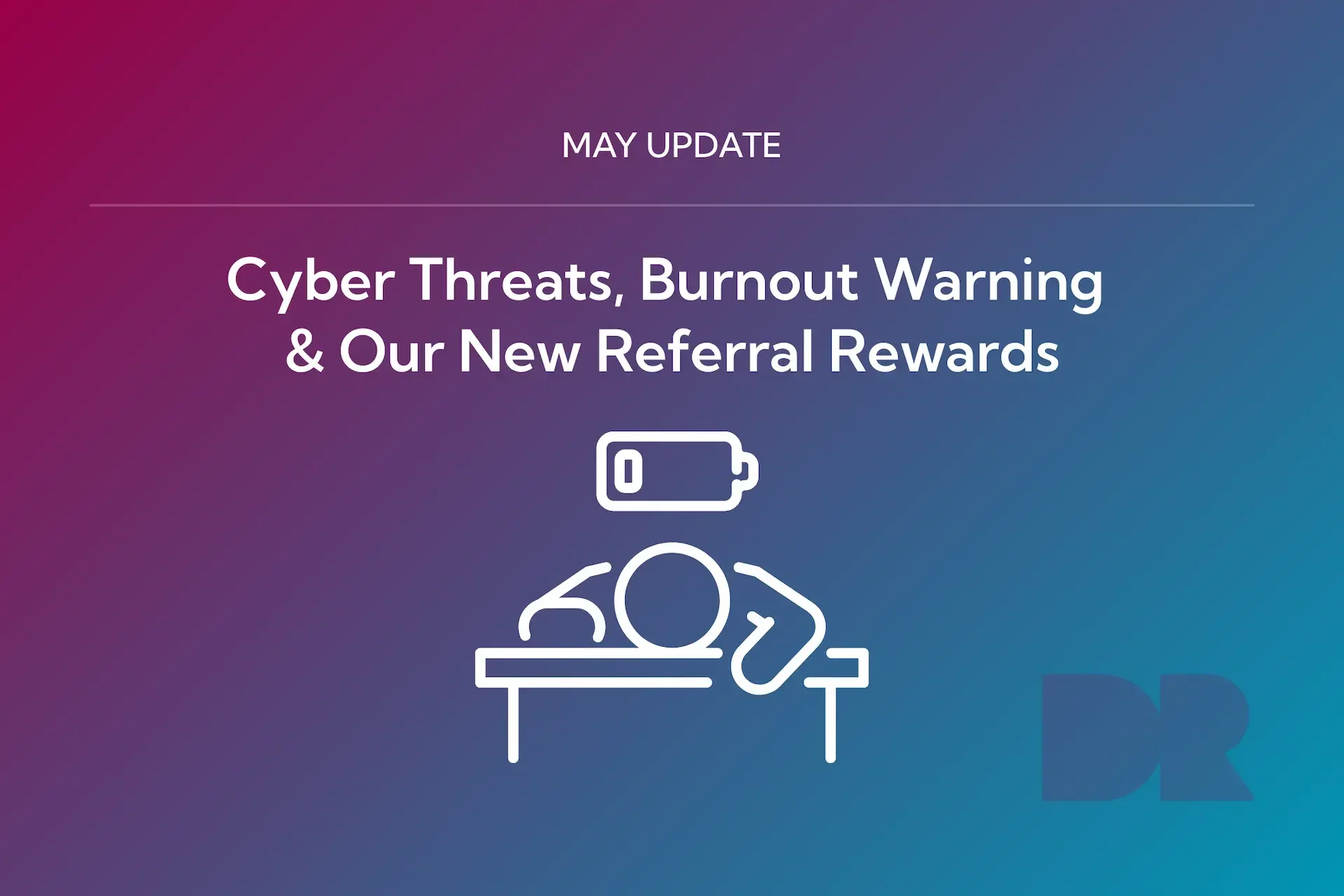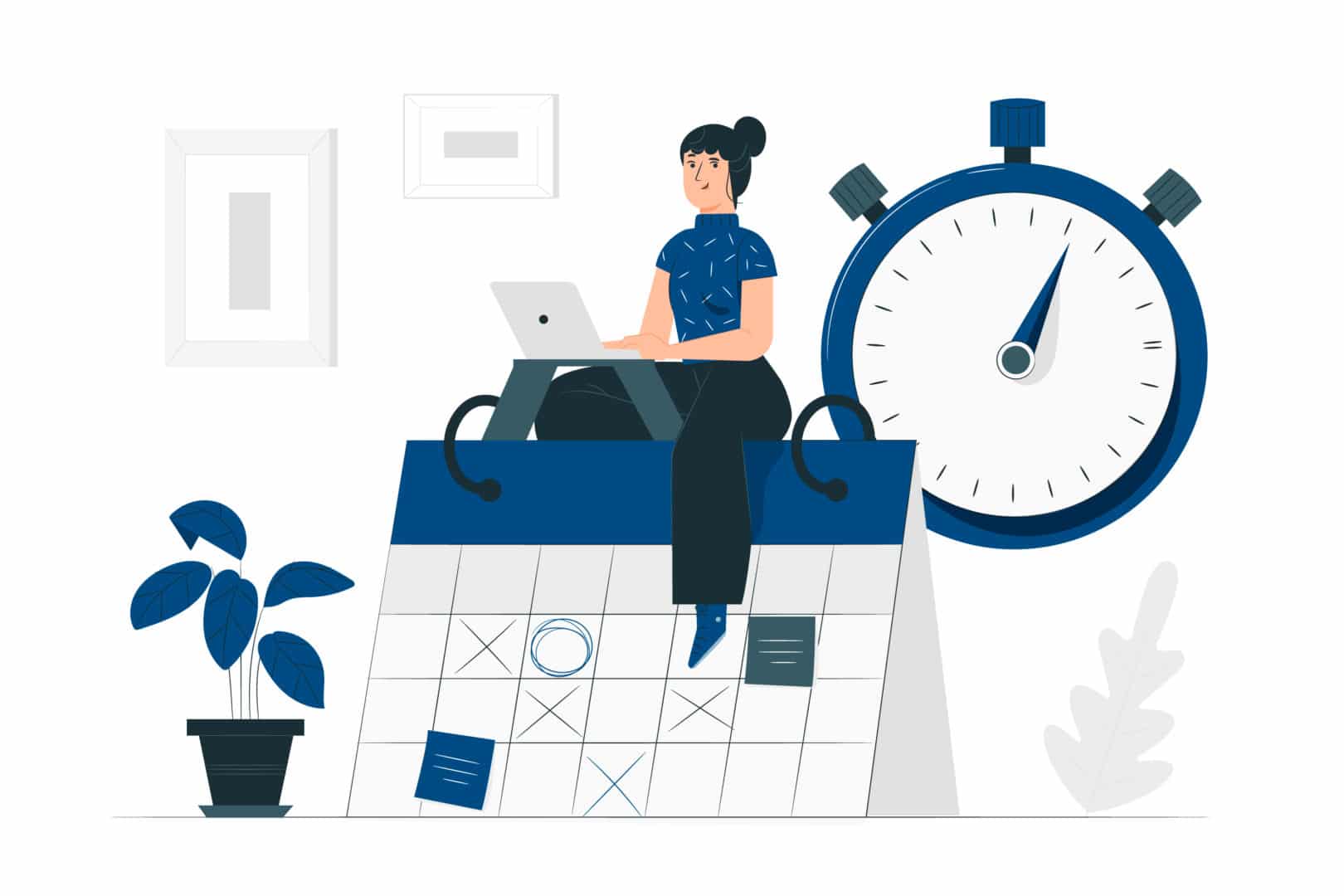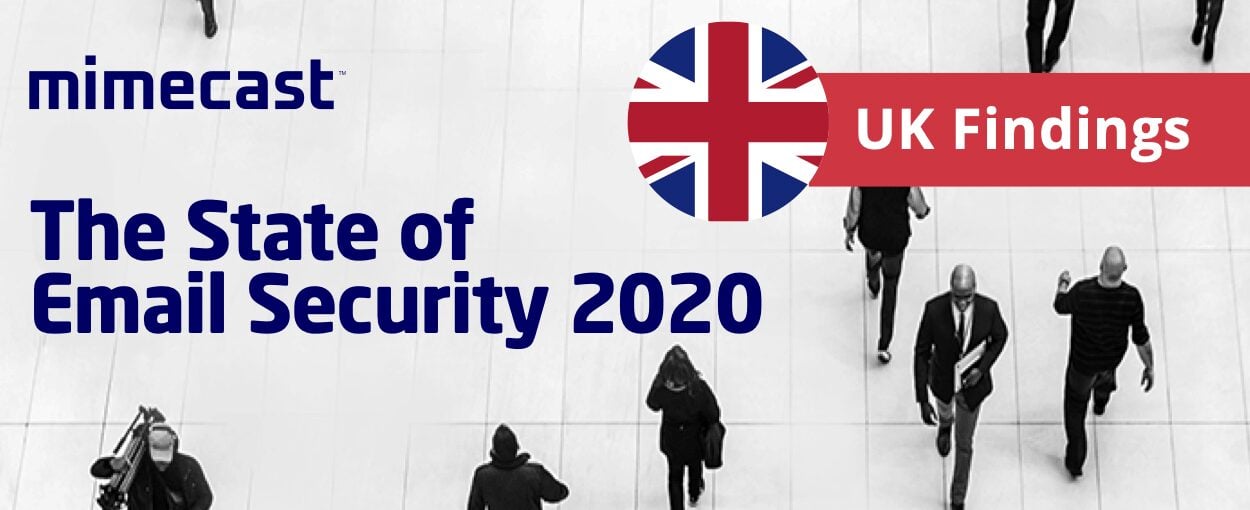Black Friday has become one of the biggest eCommerce events in the world. In the US, consumers spent $9 billion in just one day during Black Friday 2020. In the UK, sales spiked by over 1,700% in 2018. And with Black Friday now stretching across two weeks, quickly followed by Cyber Monday, Christmas shopping, and the January sales, the opportunity for online retailers and SMEs is huge – if your systems are ready.
The shift to online shopping has accelerated. Before the pandemic, just 19.7% of UK sales happened online. Today, that figure is consistently above 28%, peaking at 36.6% in early 2021. This means more potential customers, but also more pressure on your website performance, IT infrastructure, and cyber security.
So, how can you make sure your business thrives rather than crashes under the seasonal surge?
How Can You Optimise Your Business Operations Before Peak Season?
Start by reviewing your internal processes, IT systems, and team workflows. For SMEs, efficiency and effectiveness are key:
- Effectiveness first: Focus on achieving core sales and fulfilment goals.
- Efficiency second: Streamline operations so your team can meet demand quickly.
Your employees need the right IT tools to stay productive. Yet research from Asana shows that the average worker switches between 10 apps 25 times a day, spending 60% of their time on admin.
Tip: Integrate communication and project management platforms where possible (e.g., Microsoft Teams, Slack, or Google Workspace). Reducing app-switching boosts team focus and helps your business scale during high-demand periods.
How Can You Prevent Website Crashes on Black Friday?
A sudden spike in traffic can overload your servers, causing downtime and lost revenue. To avoid this:
- Stress test your website: Simulate heavy traffic before November.
- Check hosting and bandwidth capacity: Upgrade to scalable cloud hosting if needed.
- Optimise site speed: Compress images, remove unnecessary plugins, and use a CDN.
SMEs that invest in IT support and proactive monitoring are far less likely to suffer outages when it matters most.
How Can You Protect Your eCommerce Store from Cyber Attacks?
Black Friday and the festive season are prime targets for cybercriminals. Increased traffic means more opportunities for phishing, DDoS attacks, and payment fraud. To stay safe:
- Enable multi-factor authentication for staff logins.
- Monitor for unusual activity with cyber security tools.
- Ensure regular data backups and disaster recovery plans.
Proactive IT security support can keep your systems secure while your sales grow.
How Can Dr Logic Help SMEs Prepare for Black Friday?
At Dr Logic, we specialise in supporting London-based SMEs with IT infrastructure, cyber security, and cloud solutions that scale effortlessly during the busiest retail months of the year.
Whether you need to stress test your website, integrate business apps, or protect your data, we make sure your IT is as ready as your marketing campaigns.
Ready to thrive this Black Friday?
Talk to Dr Logic today about IT support for eCommerce businesses.
FAQs
How do I prepare my website for Black Friday traffic spikes?
Start by testing your site’s performance under heavy load. Use tools like Google Lighthouse or GTmetrix to check speed and stability. Ensure your hosting plan can handle peak traffic and consider content delivery networks (CDNs) to distribute demand. Optimise images, remove unecessary scripts, and have your IT support team monitor site performance in real time to prevent downtime.
What IT support do SMEs need during the holiday sales season?
SMEs need proactive IT support that ensures website uptime, network reliability, and fast issue resolution. This includes 24/7 monitoring, backup and disaster recovery solutions, and real-time security patching. Partnering with an IT provider who understands eCommerce ensures your team can focus on sales, while your tech infrastructure runs smoothly.
How can I protect my eCommerce store from Black Friday cyber attacks?
The festive season is prime for phishing, DDoS attacks, and data breaches. Protect your store by:
- Enforcing multi-factor authentication (MFA) for all admin accounts
- Keeping plugins and software up to date
- Using firewalls and endpoint protection
- Running penetration tests before the sales peak
- Monitoring for suspicious activity in real time
A cyber security-focused IT partner can help identify vulnerabilities before attackers do.
Why does my website crash during high traffic and how can I fix it?
Websites often crash because servers can’t handle the sudden spike in concurrent visitors. Fixing this involves:
- Upgrading to scalable cloud hosting
- Using load balancers to distribute traffic
- Implementing a CDN for faster global performance
- Stress testing your website before peak season
With the right IT support partner, you can prevent downtime and deliver a seamless shopping experience.
What are the best tools to streamline eCommerce operations for SMEs?
Integrating your operations under a single digital ecosystem saves time and reduces errors. Popular tools include:
- Shopify or WooCommerce for eCommerce management
- Microsoft 365 or Google Workspace for collaboration
- ERP or inventory tools like Cin7 or TradeGecko
- Automation tools for order processing and customer updates
Dr Logic often helps SMEs connect these tools for smoother workflows and better visibility across the business.


























